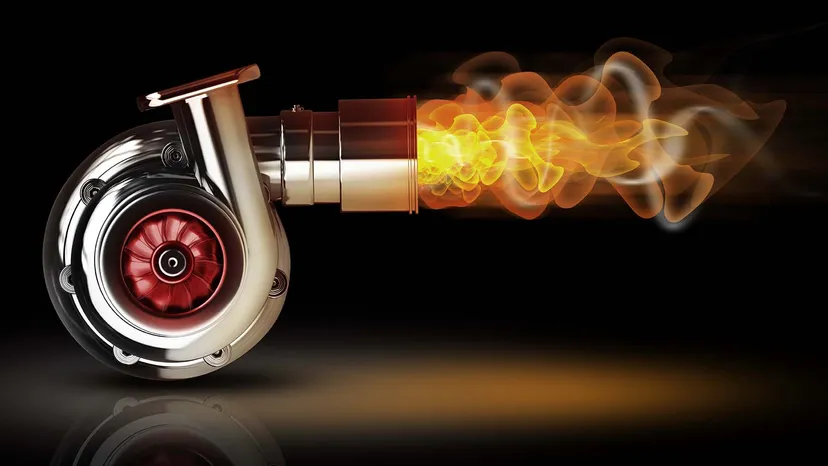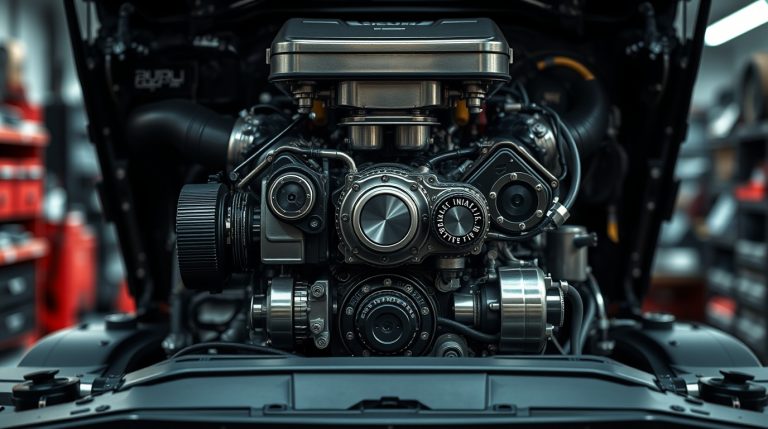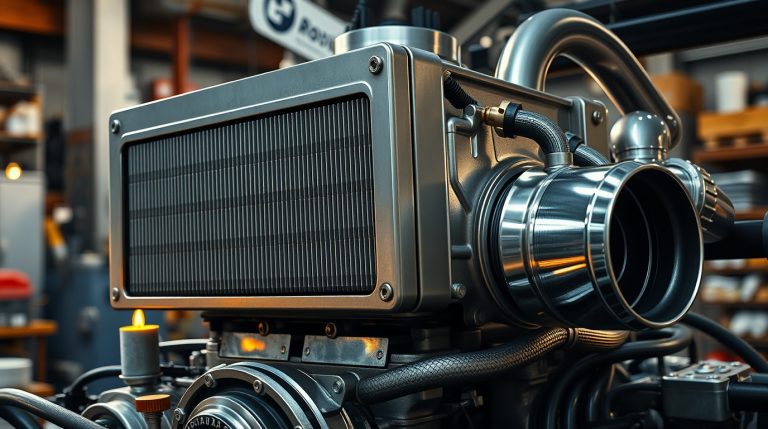
If you’re looking to add more power to your vehicle, upgrading or installing a turbocharger is one of the most effective ways to achieve significant horsepower gains. But just how much horsepower can a turbocharger add? The answer depends on several factors, including your engine’s design, the type of turbocharger, and supporting modifications. In this guide, we’ll explore how turbochargers increase horsepower, what to expect from different setups, and how to maximize your engine’s potential.
How Does a Turbocharger Increase Horsepower?
A turbocharger works by compressing air and forcing it into the engine’s combustion chamber. This process allows more oxygen to mix with fuel, enabling the engine to burn more fuel per stroke and generate more power. By increasing the amount of air and fuel in the combustion process, a turbocharger can significantly boost an engine’s horsepower output.
The key benefits of adding a turbocharger include:
- Increased Power: Smaller engines can produce the same power as larger naturally aspirated engines.
- Improved Torque: Turbochargers are particularly effective at enhancing low-end torque, which improves acceleration and towing capacity.
- Better Efficiency: Turbocharged engines often deliver more power without a proportional increase in fuel consumption.
How Much Horsepower Can a Turbocharger Add?
The amount of horsepower a turbocharger adds varies depending on several factors:
1. Stock vs. Aftermarket Turbochargers
- Stock Turbochargers: Factory-installed turbochargers are designed to balance performance and reliability. They typically add 30-50% more horsepower compared to a naturally aspirated engine of the same size.
- Aftermarket Turbochargers: Upgrading to a high-performance aftermarket turbocharger can increase horsepower even further. Depending on the setup, gains of 50-100% or more are possible.
2. Engine Size and Design
Larger engines with more cylinders can handle higher levels of boost, resulting in greater horsepower gains. For example:
- A 2.0-liter four-cylinder engine might see an increase from 150 hp to 250-300 hp with a turbocharger.
- A 3.0-liter V6 engine could jump from 250 hp to 400-500 hp or more with the right turbo setup.
3. Supporting Modifications
To fully realize the potential of a turbocharger, additional modifications may be necessary. These can include:
- Upgraded Fuel Injectors: To deliver more fuel for increased boost.
- Intercooler: To cool compressed air and improve efficiency.
- Exhaust System: To reduce back pressure and improve exhaust flow.
- Engine Internals: For high-boost applications, stronger pistons, rods, and crankshafts may be required.
With these upgrades, some enthusiasts have achieved horsepower increases of 100-200 hp or more , transforming a modest daily driver into a high-performance machine.
Real-World Examples of Turbocharger Gains
Here are a few examples of how turbochargers can impact horsepower in popular vehicles:
- Ford EcoBoost Engines: The 2.3-liter EcoBoost engine in the Ford Focus RS produces 350 hp with a factory turbocharger. With aftermarket upgrades, enthusiasts have pushed this figure to over 450 hp .
- Diesel Trucks: The 6.7-liter Cummins diesel engine in Ram trucks produces around 400 hp stock. Adding a performance turbocharger and tuning can increase output to 600 hp or more .
- Sports Cars: The Porsche 911 Turbo S comes with a twin-turbocharged 3.8-liter engine producing 640 hp . With custom tuning and upgraded turbos, outputs exceeding 800 hp are achievable.
Factors That Influence Turbocharger Performance
While turbochargers can add significant horsepower, their effectiveness depends on several factors:
- Boost Pressure: Higher boost levels result in more power, but they also increase stress on the engine.
- Fuel Quality: High-octane fuel is often required to prevent detonation under increased boost.
- Tuning: Proper engine management (ECU tuning) is crucial to ensure the turbocharger operates safely and efficiently.
- Cooling Systems: Adequate cooling is essential to prevent overheating, especially under high boost conditions.
For more information on optimizing turbocharger performance, check out our blog post: Turbocharger Maintenance Tips for Maximum Power.
Is a Turbocharger Right for You?
Adding a turbocharger is an excellent way to increase horsepower, but it’s important to consider your goals and budget. If you’re looking for modest gains, a stock or lightly modified turbocharger may suffice. However, if you’re aiming for dramatic power increases, be prepared for additional costs and modifications to support the added stress on your engine.
Conclusion
So, how much does a turbocharger add to horsepower ? The answer ranges from 30-100% or more , depending on your engine, turbocharger type, and supporting modifications. Whether you’re driving a diesel truck, a sports car, or a compact daily driver, a turbocharger can unlock new levels of performance while maintaining efficiency.
Ready to take your engine to the next level? Start by understanding the basics of turbocharging and exploring the right setup for your vehicle. Have questions about turbochargers or need advice on upgrades? Leave a comment below—we’re here to help!
Disclaimer: Always consult a professional mechanic or tuner when modifying your engine to ensure safety and reliability.




